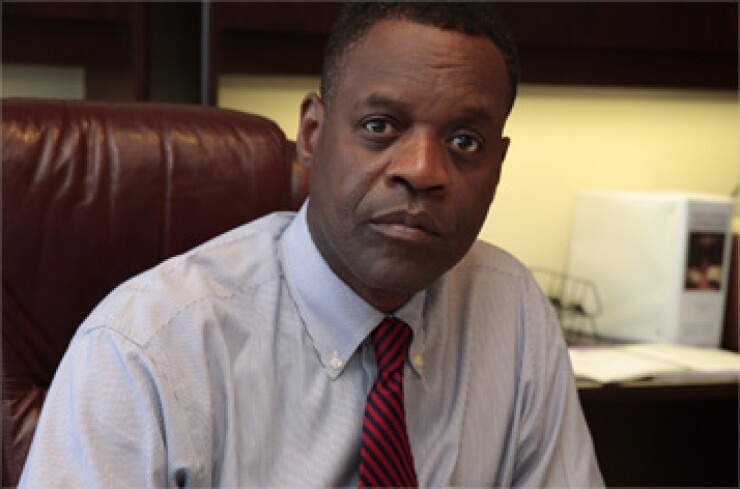
CHICAGO - Detroit emergency manager Kevyn Orr urged Michigan lawmakers Tuesday to approve a $195 million state contribution to the bankrupt city's pension funds, saying the money is essential to the city's recovery.
"Without this settlement, no mistake about it, we will have to go back to the drawing board," Orr told the newly created Detroit's Recovery and Michigan's Future Committee.
Without the state contribution, which is estimated to total $350 million over 20 years, a deal that raises roughly $820 million for the city's pensions probably would fall apart. That settlement, called the grand bargain, is a key component to Detroit's plan of debt adjustment.
Michigan could end up spending more over the long run if thousands of Detroit retirees are pushed under the poverty line and require state assistance as a result of the deeper cuts, Orr told a special House committee.
The manager's testimony launched the first of three days of hearings on an 11-bill legislative package unveiled last week that outlines the proposed contribution and the state's role in resolving the city's bankruptcy. The legislation, House Bills 5566-5575, as well as another yet-to-be-introduced bill, would have the state tap its budget stabilization fund for the $195 million, then repay the fund with an annual $17.5 million appropriation from tobacco settlement funds.
Orr told lawmakers that the restructuring plan would cut the city's debt to $9.5 billion from $18.2 billion. Retiree health care costs would drop to $22.6 million in 2018 from $182.1 million annually, he said. The city's long-term debt is on track to eat up as much as 73% of general fund revenue by 2023, according to Orr. With the bankruptcy exit plan, that will drop to 11%.
"We think what we have is a reasonable plan, but to put it bluntly, we need your money," Orr said.
Some of the oversight provisions are modeled after similar oversight boards that in New York City and Washington, D.C., In response to a lawmaker's question, Orr said the Michigan bills are both more and less "robust" than the original oversight boards. For example, he said the chief financial officer of Washington recently told him that having an independent CFO who does not report to the mayor is crucial for a fiscal recovery. The Michigan bills do not include that provision.
Detroit Mayor Mike Duggan is set to testify Thursday. The House committee may vote on the bills as early as next Tuesday.





